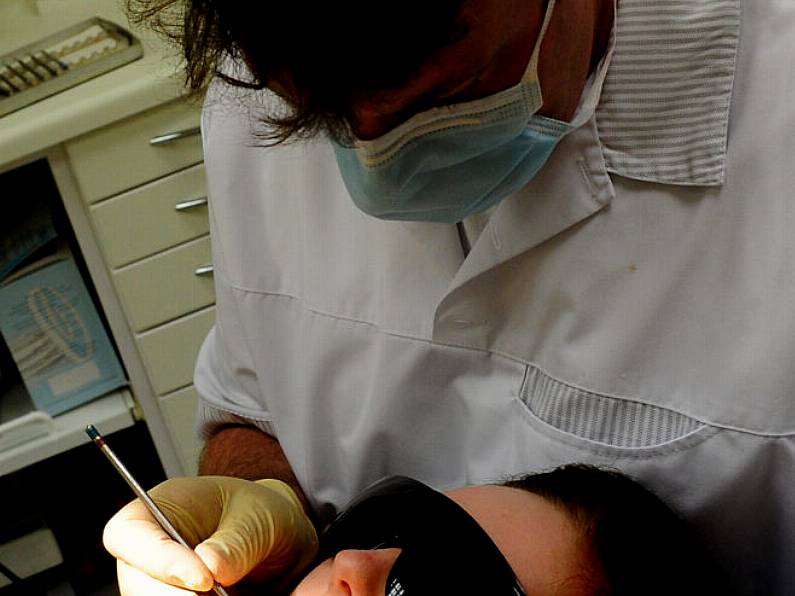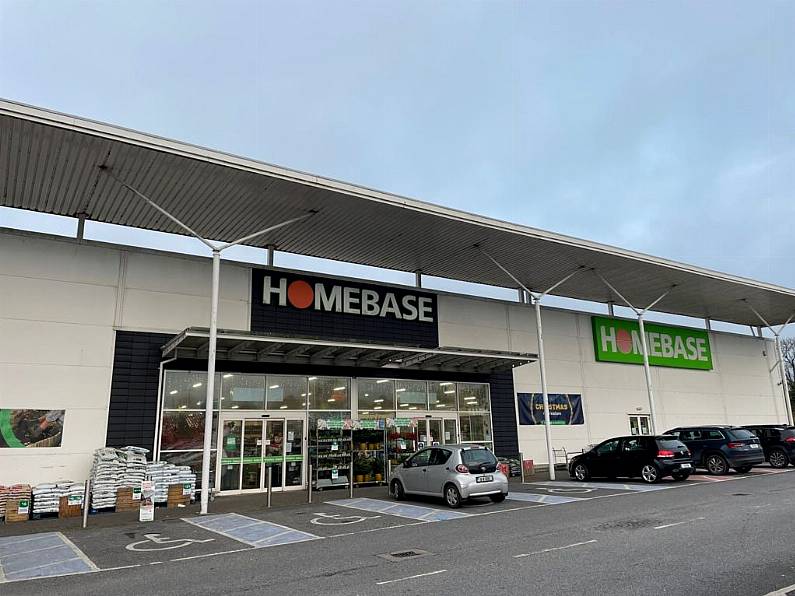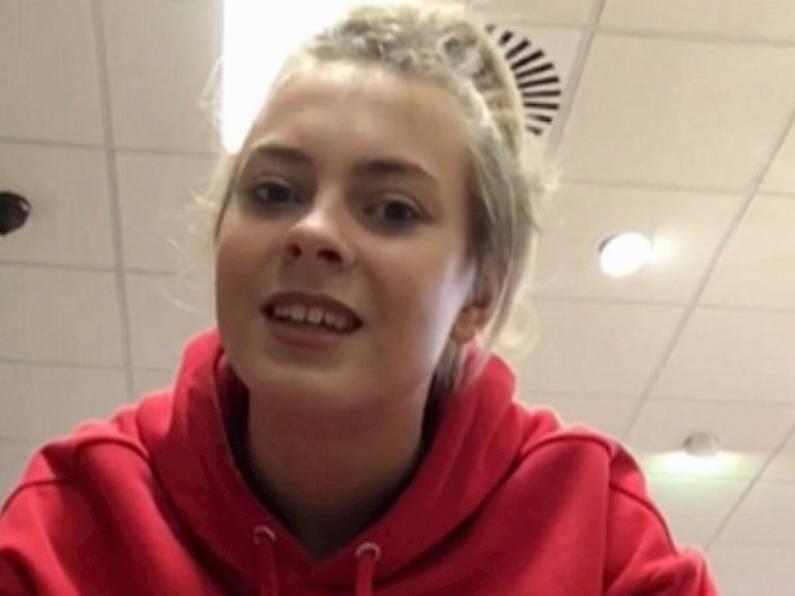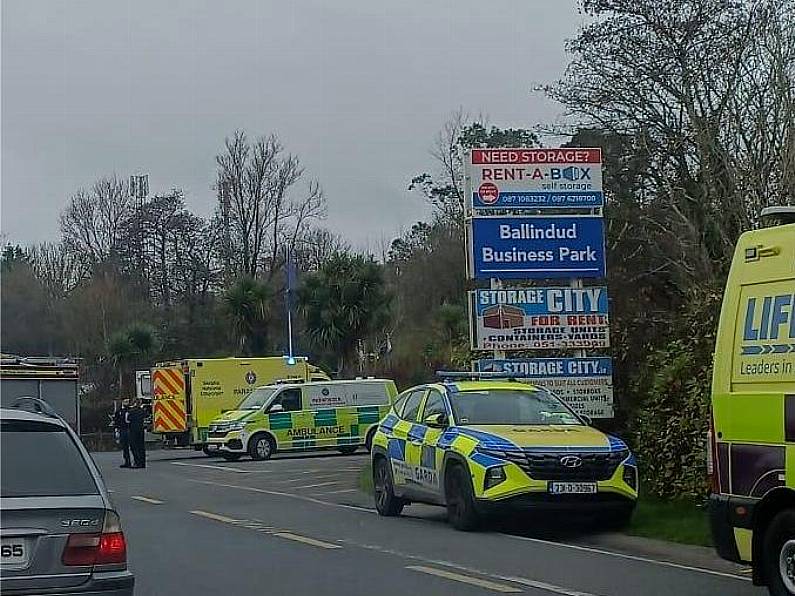By Michael McHugh, PA
Dental treatment for medical card holders is in complete chaos in Ireland, the profession’s industry body said.
Between 2017 and 2020, state spending on dental care for medical card patients nationwide decreased by 30 per cent, from €5.5 million to €3.8 million.
Funding drops of up to 48 per cent in certain areas have been recorded, while areas of Dublin account for six of the top 10 biggest drops in funding over three years.
The Irish Dental Association said an unprecedented number of dentists was withdrawing from the official treatment scheme.
Chief executive Fintan Hourihan said: “In 2020, almost one quarter of participating dentists nationwide left this scheme which is utterly unfit for purpose.
“Dentists simply cannot afford to participate, leading to complete chaos.”
He said dentists had sought to engage with the Department of Health to modify the Dental Treatment Services Scheme over many years to no avail.
“Increasingly, our members believe that the refusal to acknowledge this reality and the general approach of the Department of Health suggests a level of disrespect, if not contempt, for medical card patients and the dentists contracted to care for them.
“It also shows scant regard or understanding of the impact of this crisis on vulnerable patients who are unable to afford access to vital dental care.”
'Smile agus Sláinte'
In 2019, then minister for health Simon Harris launched a new plan, “Smile agus Sláinte”, aiming to transform the dental service from a “diagnose and treat” to one centred on prevention and available locally.
Under the Government policy, all children up to 16 years would receive oral healthcare packages.
They would also be provided for medical card holders over 16 years.
The packages of care would be provided in a primary care setting by oral healthcare practitioners contracted by the HSE.
The Department of Health said the DTSS medical card scheme claims submitted by dentists had already returned to 90 per cent of their pre-Covid level.
The numbers of dentists applying for new DTSS contracts is substantial and not reflected in IDA estimates, it said, adding that “they will contribute significantly to further services”.
A statement said it was supporting additional access to care for medical card holders under the DTSS scheme.
“The aim will be to improve access, reduce inequalities with other groups of patients and support preventive care.
“A fundamental and full DTSS review will take place in line with policy implementation but the department is cognisant of the need for interim measures before this full review to support practices and patients to help overcome Covid-19 impacts.
“The department appreciates the difficulties for the profession and medical card holders to provide and access care respectively throughout the Covid-19 pandemic.
“The department at all times is conscious of the impact of Covid-19 for vulnerable patients.
“The dedication of the profession is appreciated throughout this difficult time.”
Medical cards
The DTSS budget is annually determined by the take up of patients and this varies according to the numbers eligible for medical cards, as well as other factors such as the Covid-19 pandemic.
The statement said: “Throughout the Covid-19 pandemic the main group of medical card patients that have reduced their attendance and take up of all dental care including DTSS care have been older patients.
“This trend is similar across all non-Covid primary care services where older people have reduced take up of health care and are reluctant to access any but the most essential of care throughout the pandemic; the dental medical card figures reflect this phenomenon across the population and this is reflected in an overall reduction in take up of care.
“However, dental provision of care has been less affected than other health areas.”












